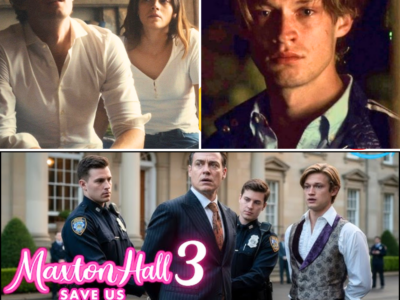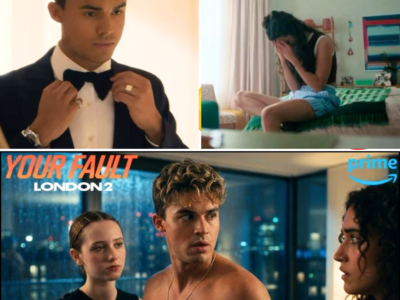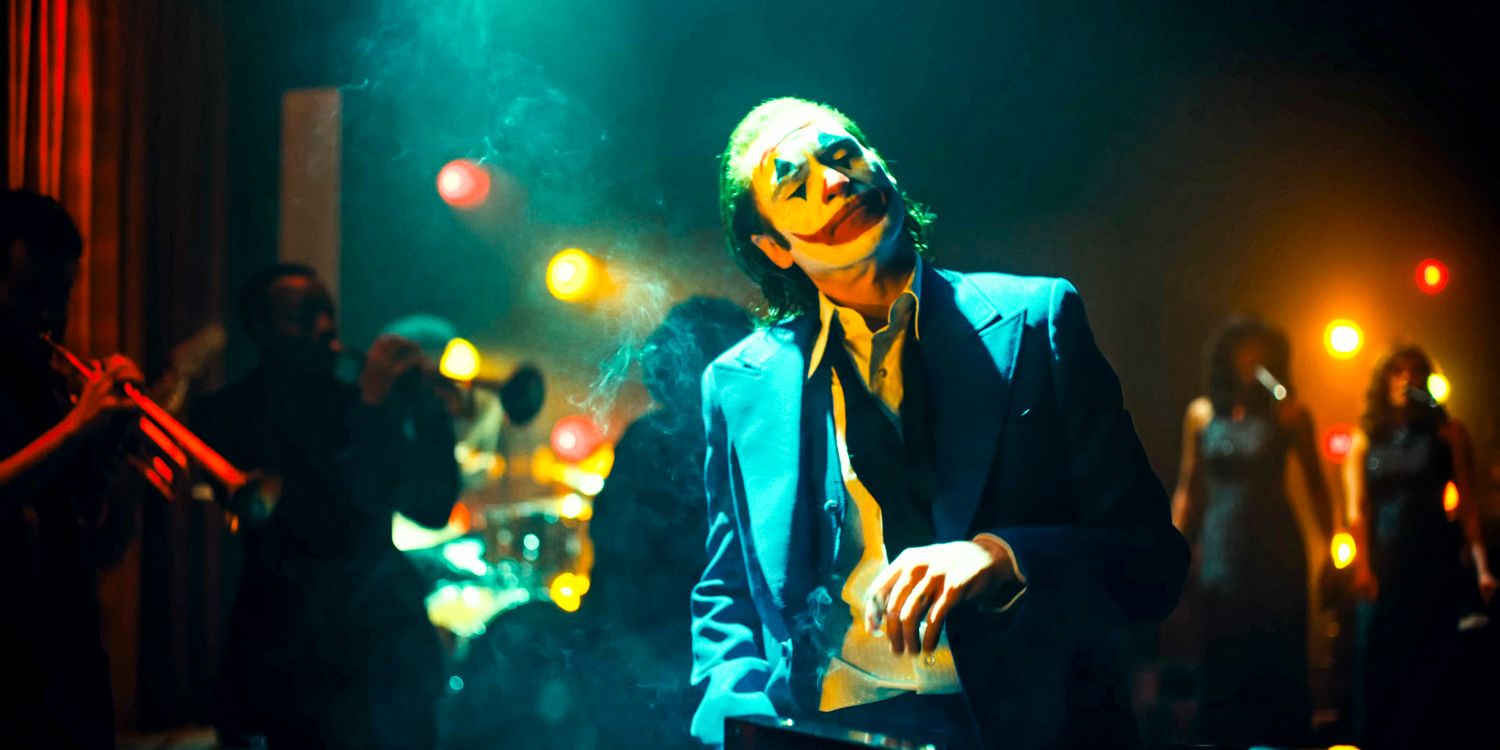
This article contains spoilers for Joker: Folie a Deux
Joker: Folie a Deux is shaping up to be a bonafide disaster both in terms of box office and reception. While Joker made over $1 billion globally over its theatrical run, its sequel will likely reach nowhere near those numbers. Additionally, Joker: Folie a Deux has a remarkably terrible score on CinemaScore, and it now holds the record for the lowest-rated superhero film. Granted, the movie all but sheds its comic inspirations, with Lady Gaga as a version of Harley Quinn called Lee, who more closely resembles Punchline, the Joker’s other girlfriend.
The film is also bogged down by an abysmal ending. I was never under any delusions that Arthur Fleck was the Joker who would later fight Batman. Any references to the rest of the Batman canon are fleeting Easter eggs. That being said, the final scenes of the film, which see Arthur getting murdered by an inmate destined to be the “actual” Joker, feel less like a Hollywood blockbuster and more like a fan theory from Reddit. A better ending would have either simply killed Arthur off without the wider Joker connection or kept him locked in Arkham.
However, the decision to delve deeper into Arthur’s psyche could have been paid off in a better film. As it stands, Joker: Folie a Deux takes some interesting risks, but its execution left me feeling like the whole endeavor was a missed opportunity.
Joker 2’s Depiction Of The DC Villain Is Something I Don’t We’ll See In Any Other DC Movie
Arthur Fleck Is Explored In Intimate Detail
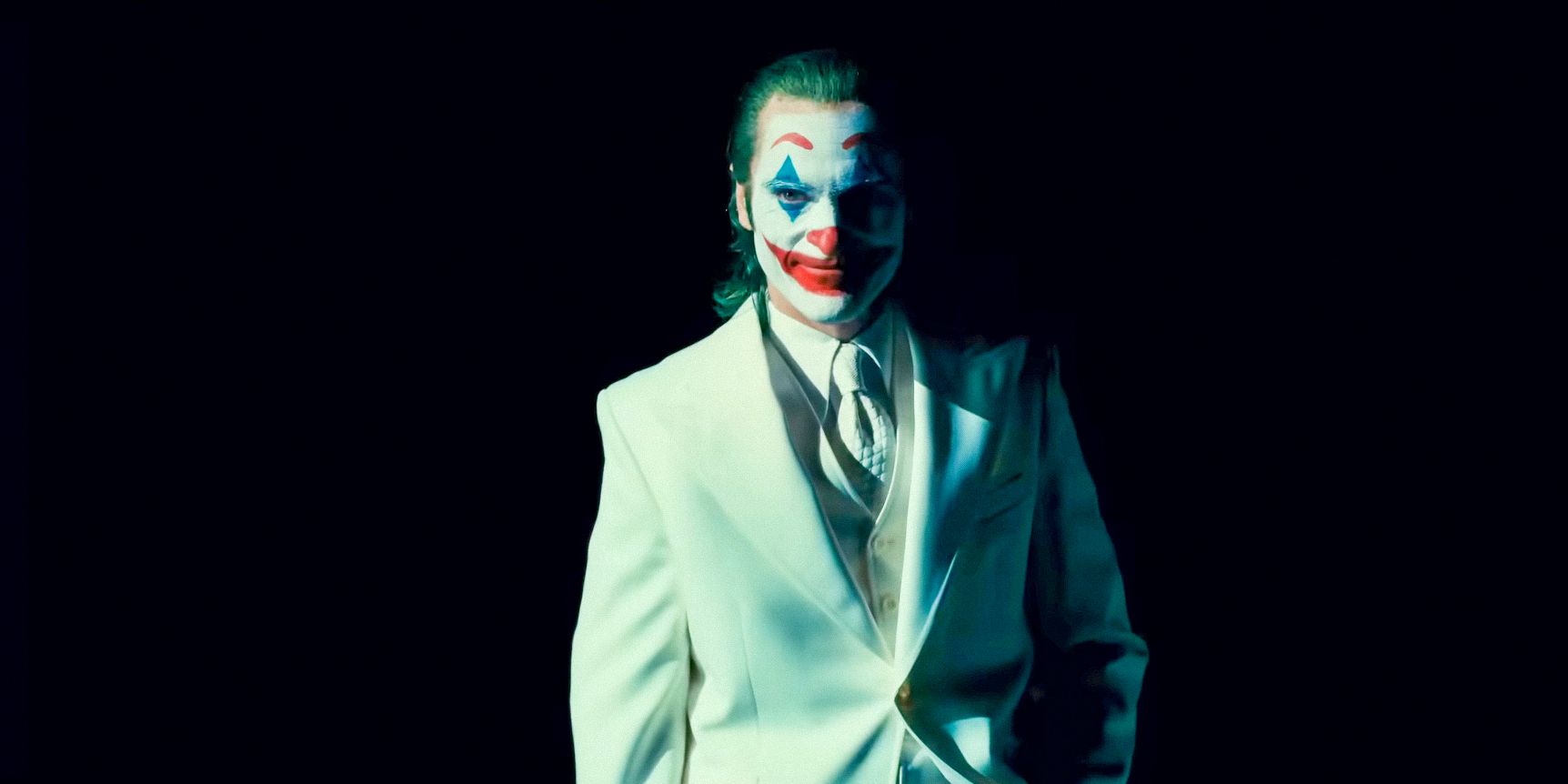
Arthur Fleck is painfully, embarrassingly, vulnerably human in Joker: Folie a Deux. Though his Joker persona is still a large part of the film, it’s apparent that our protagonist isn’t as enamored with the clown as audiences, both in real life and within his fictional world. Arthur’s descent into total madness isn’t as cut and dry as Joker made it out to be. Instead of fully embracing chaos, he wants the same thing he always has: understanding. Very few films, especially those based on comic books, delve so heavily into what drives their characters.
Because he was mistreated his whole life, Arthur’s sense of identity became tied to how others perceived him. He shied away from those who harmed him and flocked to those who didn’t. That’s why when he did snap, he primarily targeted those who antagonized him. Then, Arthur found what he thought was acceptance as the Joker. The sequel deconstructed this idea by showing that Arthur’s embrace of chaos and dismantling societal structures was rooted in his desire for admiration and love as well as the idea that maybe he could make change.
Arthur struggles with whether to let Joker go throughout the film, as he faces down the possibility of the death penalty. During his time at Arkham awaiting trial, he has a friendly relationship with fellow inmate Ricky, who, like him, is victimized by the guards. Unfortunately, Ricky loses his life defending Arthur. This tips an already troubled man into the miserable realization that none of his actions can change the oppressive systems that broke him. His decision to renounce the Joker directly correlates with the death of someone who treated him well, something he always desired.
Why Joker 2’s Version Of The Batman Villain Is So Controversial
Todd Phillips Provides A Commentary On Unworthy Heroes

If Ricky demonstrates Arthur making and losing a connection with someone with no ulterior motive, Lee shows Arthur forming a connection through a lie. After he confesses that he is just Arthur, her interest in him dissipates because her attraction is to the power and notoriety of Joker. It’s a gutting realization for someone like Arthur whose desire for acceptance fundamentally broke him before. However, his entire relationship with Lee was always a lie. She had the upper hand the whole time, an interesting flip on the Joker and Harley dynamic fans are accustomed to.
The back-to-back twists of Arthur confessing, Lee leaving him, and the former Joker being murdered upon his return to Arkham gives viewers whiplash. This is doubly true considering they came to see the same Arthur who led an angry mob in Joker. Regardless of Phillip’s intent, the hard truth is that he did not give fans what they wanted. If Joker: Folie a Deux was simply bland, then the controversy around the film wouldn’t be as intense.
Phillips seems to have made the anti-Joker with the sequel. Were I to guess, I think he was proving a point about being made the face of a movement or concept. Arthur cannot live up to the expectations his followers put on him. Phillips resents the audience and ideals that formed around Joker. Lee represents the audience who became enamored with the Joker character and wanted more anarchy. Arthur is beaten down emotionally in Joker: Folie a Deux and shatters his Joker persona because he doesn’t want to fill this role.
These character journeys are, in a way, Phillips expressing his displeasure towards all of the fans who took the “wrong” message from Joker. His message is clear: you aren’t supposed to want to be Joker.
I’m Glad Joker 2 Took Risks With Its Depiction Of The Joker – Even If It Might Not Pay Off
DC Took A Risk With Phillip’s Vision
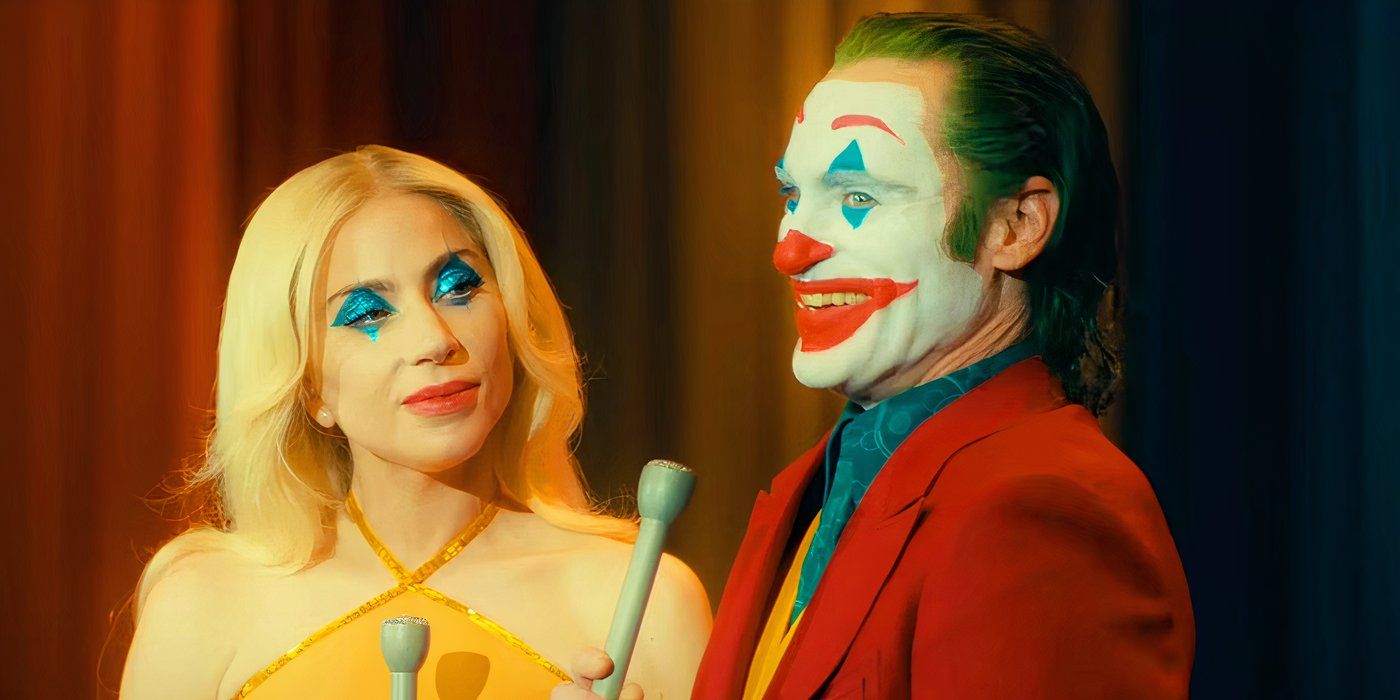
Joker: Folie a Deux took a huge creative swing. In this case, it looks like the gamble will not work out for DC or the audience. Phillips made this film with little studio supervision, the opposite of Marvel’s made-by-committee production strategy. I am all for allowing writers and directors to have creative freedom. It is amazing for a studio to take a chance on a concept as strange as a Joker-themed musical. However, had Warner Bros. or DC Syudios paid attention to Joker: Folie A Deux‘s production and completed test screenings, this mess could have been avoided.
I am profoundly disappointed that this movie doesn’t stick the landing because even with the angle of deconstructing Joker, it could have been a powerful statement on identity. Instead, Joker: Folie a Deux is equal parts boring and bizarre–not a winning combination.
